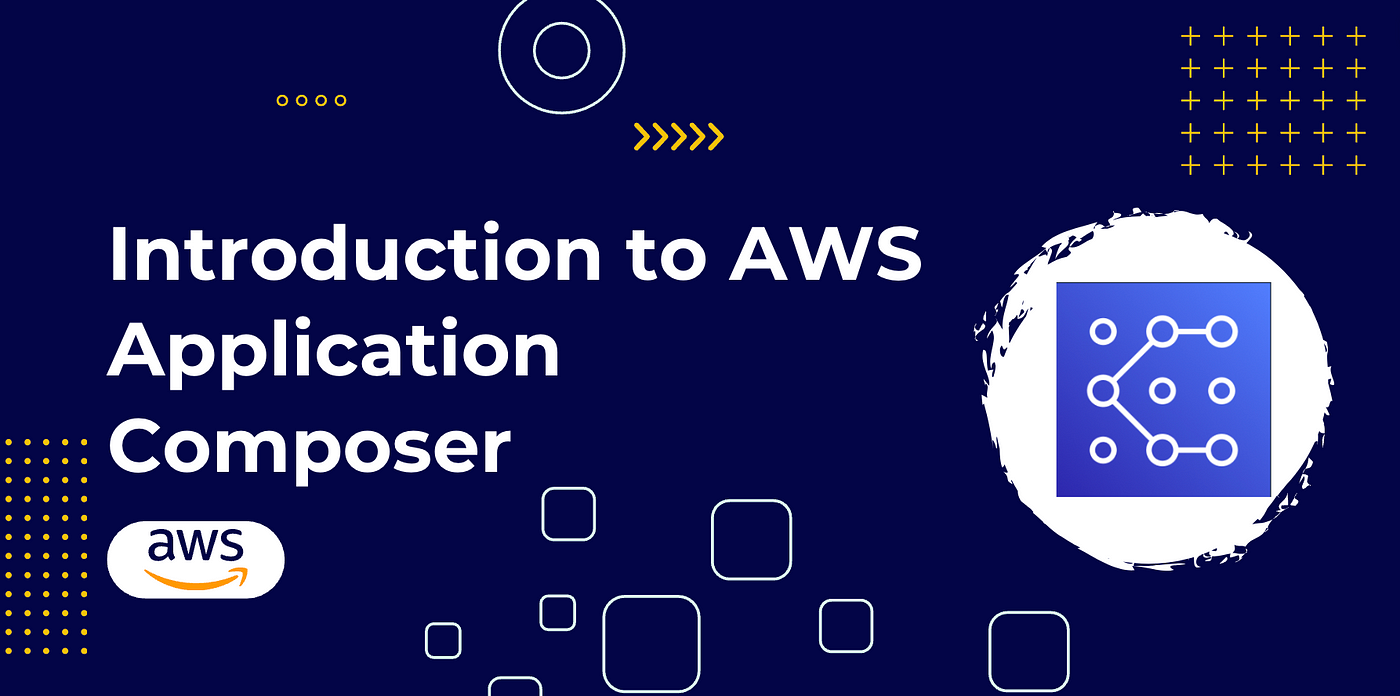1. Introduction to Composer
What is Composer?
Composer is a dependency management tool for PHP that allows you to declare the libraries your project depends on and manages (installs/updates) them for you.

2. Installing Composer
To install Composer, follow these steps:
- Download the Composer installer script
- Run the installer script to install Composer globally
- Verify the installation by running
composer --version

3. How to Use Composer to Manage Dependencies
Composer is a tool for dependency management in PHP. It allows you to declare the libraries your project depends on and it will manage (install/update) them for you.
Installing Composer
- Download the Composer executable from the official website.
- Follow the installation instructions provided for your operating system.
Using Composer in your Project
- Create a file named composer.json in your project root directory.
- Declare the dependencies of your project inside the composer.json file.
- Run composer install to install the dependencies specified in the composer.json file.

4. Understanding the Composer.json File
What is Composer?
Composer is a dependency manager for PHP and allows you to declare the libraries your project depends on. It simplifies the process of adding, updating, and removing libraries.
One of the key components of Composer is the composer.json file. This file contains all the necessary information about your project’s dependencies and configurations.
By understanding the structure and content of the composer.json file, you can effectively manage your project’s dependencies and ensure smooth integration of external libraries.

5. Advanced Composer Features: Autoloading, Scripts, and Plugins
Composer offers advanced features that can enhance the development process and make managing dependencies more efficient. Some of the key advanced features include:
Autoloading
The autoloading feature in Composer allows you to define how your project’s classes are loaded automatically without the need for manual inclusion. This helps in organizing and managing your codebase effectively.
Scripts
Composer provides the ability to define scripts that can be executed before or after certain events, such as the installation or update of dependencies. This feature lets you automate tasks like clearing caches, compiling assets, or running tests.
Plugins
Composer supports plugins that extend its functionality by hooking into various parts of the dependency management process. Plugins can offer additional capabilities and customization options based on specific project requirements.
